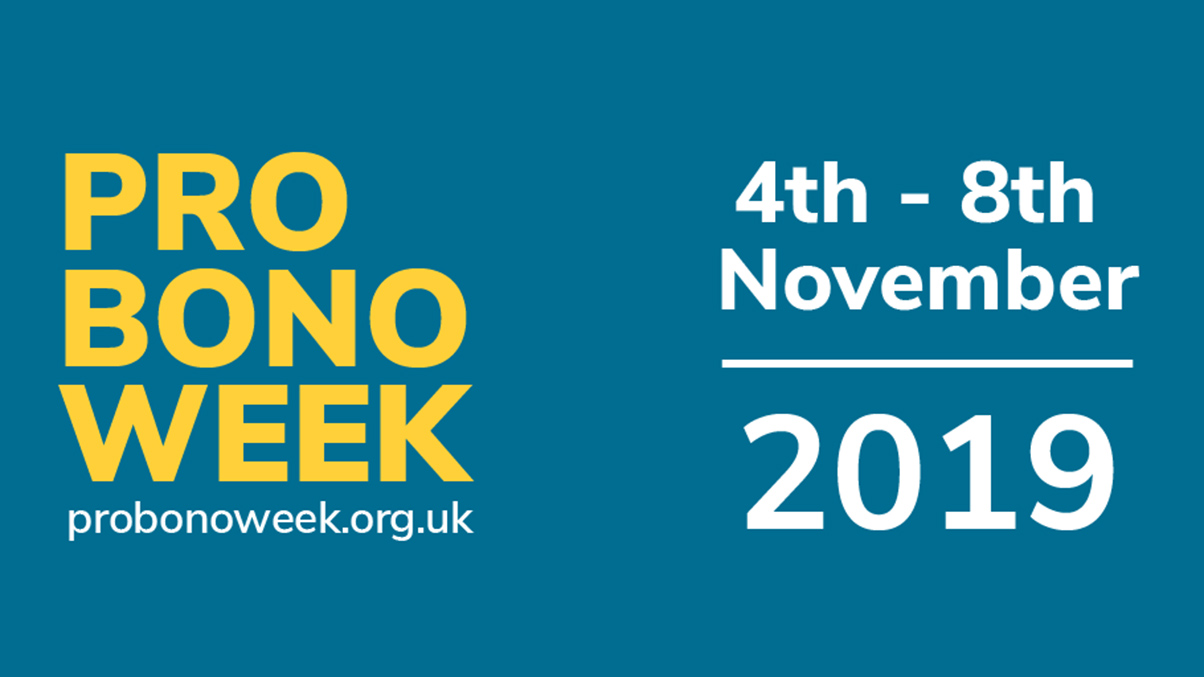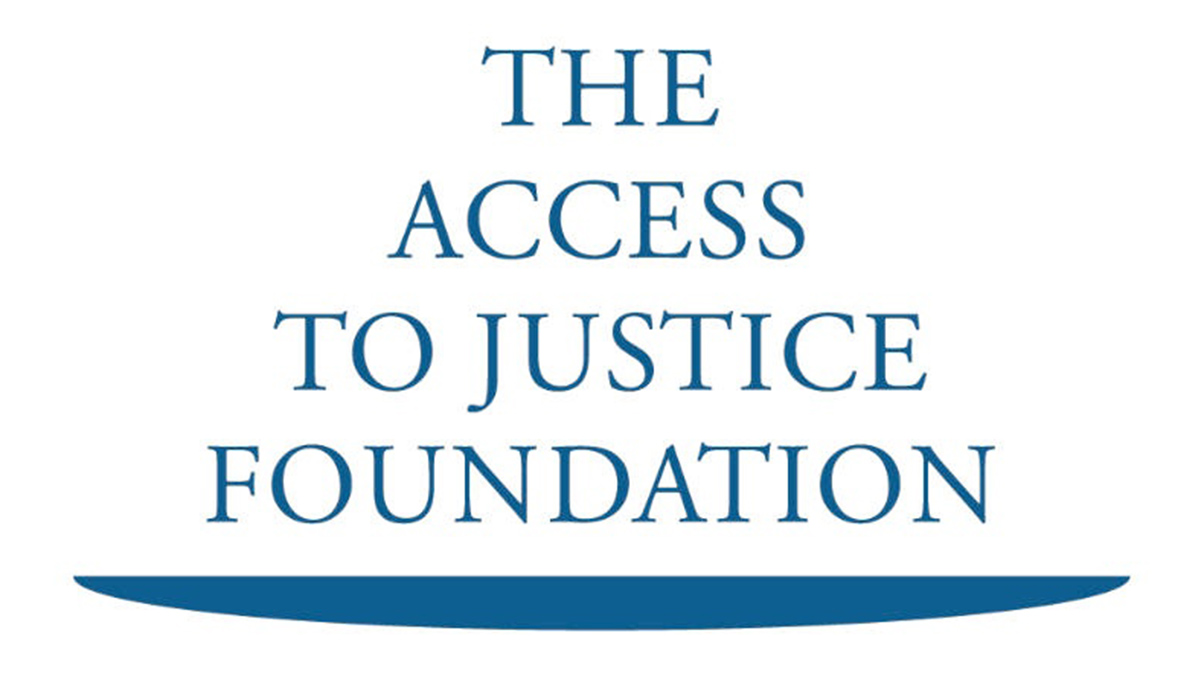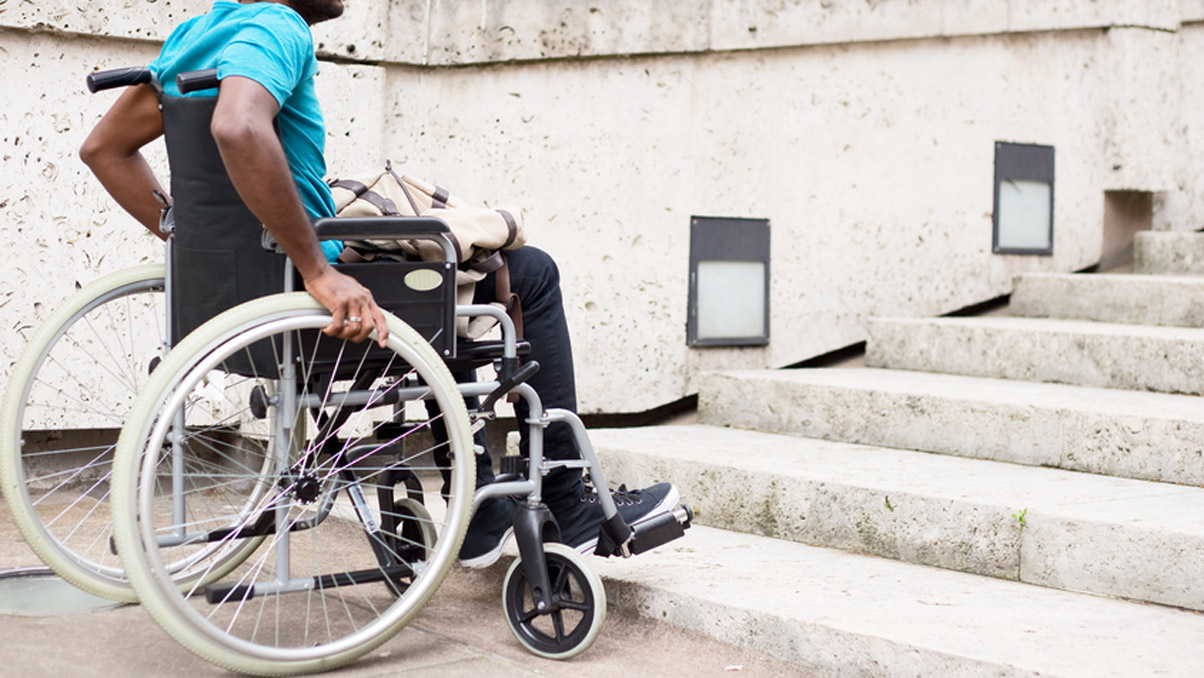This year’s national pro bono week has a focus on the recent pandemic and beyond. In light of the pandemic, Stewarts’ pro bono Legal Service department has worked with clients to support them through this difficult time. Stewarts provides a free and comprehensive legal service as part of its commitment to helping people with a serious injury or illness. The Legal Service was built to support patients and their families at a time when legal support is needed but often hard to find.
The Legal Service has seen first-hand that many are struggling with their insurance policies in light of Covid-19. This is a problem that can be seen on a large scale as thousands of people are turning to their insurance policies to check their entitlement. Due to death, illness or lack of employment opportunities, many families have experienced financial hardship and are looking for support. Below is an in-depth look at how insurance companies have reacted to the pandemic.
Life insurance
Life insurance can come in many forms, but all policies share the similarity that they will pay out if death occurs, subject to policyholders satisfying certain criteria. These include paying their premiums, completing their questionnaires honestly, and the cause of death not being included in the listed policy exemptions.
The pandemic has had a global effect, with more than 40 million confirmed cases and over one million deaths. Many insurers were quick to confirm that they would pay out if a policyholder died of coronavirus. Aviva released a statement on its websites stating that “death claims arising from Covid-19 would be paid, subject to the usual policy terms and conditions”. Similarly, Vitality said: “Should a policyholder pass away as a result of Coronavirus, or complications from the virus, a claim will be paid, as per the terms of your life insurance plan.” Other insurers released similar statements saying that should a policyholder die from Covid-19, then subject to their policy they would pay out.
Income protection
The unemployment rate in the United Kingdom has been rising over recent months. The most recent update by the Office of National Statistics indicates the unemployment rate is currently 4.5%. Factor in 9.6 million jobs furloughed and a 40% decrease in job vacancies compared to last year, and you begin to understand the economic fallout of Covid-19 on the UK.
With such economic hardship, many people turned to their insurance company for help. Income protection is an insurance policy that pays out if a policyholder is unable to work due to medical reasons. The aim is to provide longer-term protection than other alternatives available, namely statutory sick pay (SSP). In most cases, income protection pays out until retirement, death or return to work and would begin after the waiting period stated in the policyholder’s terms and conditions.
As income protection offers cover to a policyholder who cannot work due to a medical reason, if you were to contract Covid-19 or were told to self-isolate, it is likely that you would be eligible to claim.
Aviva confirmed this on their website, stating that “income protection customers with the Covid-19 infection who are unable to work, due to incapacity, past the deferred period on their policy would be covered, subject to the terms and conditions of their policy”.
On looking further at income protection, it becomes clear that it would not necessarily provide a solution to problems stemming from Covid-19 due to the deferred period under most policies. Typically, income protection policies only offer cover if the illness or injury lasts more than a specified period, for example, four weeks. An insurer will only start paying out once this period has expired. As the recovery and suggested self-isolation periods for Covid-19 are on average two weeks, many claims would not go beyond the deferred period. Also, if an employee were let go or furloughed, they would not be eligible to claim as policies only apply where the policyholder cannot work due to medical reasons.
Sadly, for the reasons stated above, income protection policies will be of little comfort to many of those who are in desperate need of financial support through the pandemic and beyond.
Critical illness insurance
A critical illness policy pays out a lump sum to a policyholder if they fall ill with one of the listed medical conditions in their policy. The aim is to help provide financial security to the policyholder as a consequence of becoming seriously injured or ill. Policies usually cover a wide variety of conditions but must meet certain requirements to cover strokes, cancer and heart attacks.
If your policy does not list Covid-19 as a condition, then the insurance is unlikely to pay out if you are diagnosed with it. However, due to the nature of the illness, Covid-19 can cause long-term health problems, and as a result, it may pay out depending on the wording of the policy.
Aviva states: “Although Covid-19 isn’t a covered condition on critical illness policies, if complications as a result of the virus lead to other insured criteria being met, the claim would be paid subject to the terms and conditions of the specific policy.” According to the World Health Organisation, common complications with Covid-19 include damage to the lungs, heart and nervous system, with 5% of people contracting the virus falling critically ill. Therefore, anyone with a critical illness policy is advised to check the wording of their policy carefully to see which conditions may be covered if they suffer complications from Covid-19.
Pro bono paralegal Emily Charlesworth has recently been helping a patient by reviewing his insurance policies after he was diagnosed with Covid-19. After the initial diagnosis, the patient was then diagnosed with “long-Covid” due to complications with his recovery. Subsequently, he has claimed under his critical illness policy. However, the long-term effects of Covid-19 are still largely unknown, as no one has lived with them for more than eight months.
With any critical illness policy, the policyholder must submit evidence, usually in the form of a signed doctor’s letter, which confirms their medical condition. Until we have full knowledge of the virus and its effects, there may be increasing doubts over what would constitute long-term illness due to the disease. Long-term Covid could be defined as not having recovered for multiple weeks or months, but this definition may be amended if recovery takes years. Insurance companies are likely to be monitoring the long-term effects to see how their policies may be impacted.
Travel insurance
Travel insurance is designed to offer protection to policyholders for any problem they encounter while travelling abroad. Standard protection would include cover for lost, damaged or stolen items, trip cancellation or interruption and medical emergencies.
Since the pandemic started, lockdown and illness have forced thousands of people to avoid travelling on pre-booked holidays. Many hoped that their travel insurance would cover the cost, but were met with roadblocks when they claimed.
A client recently asked for assistance with a complaint regarding a travel insurance claim. The client had booked a family holiday; however, in the week leading up to their departure, his daughter had a serious cough and temperature. On government advice, he called 111 rather than visit the family GP. The client was advised against travelling. After spending £4,000 on the trip, they looked to claim this back on their travel insurance. The insurer rejected the claim by arguing that there was no evidence of medical advice. Since their original complaint, the client has submitted a subject access request to the 111 service but has been told that the records cannot be found. It is likely that due to the overwhelming volume of calls and the service moving contractors, many records have been misplaced.
The client complained to the Financial Ombudsman, who rejected their complaint. The ombudsman stated that it was not unreasonable for the insurance company to require some evidence of the advice received to proceed with the claim. The client is likely to appeal this decision, but for the moment is being punished for following government advice.
The above example started before the government issued advice on travel restrictions, but many questions remain:
- What evidence is needed for travel insurance claims in the time of Covid-19 and should policyholders be to blame if the evidence is no longer available?
- Does the approach taken penalise those who follow government guidance?
- What happens if you must self-isolate on your return from holiday but can’t afford to travel due to not being able to work from home on your return?
Many travel insurers have struggled to provide satisfaction to policyholders in their handling of Covid-19 claims. If you feel a claim has been unfairly rejected you should challenge a claim through the internal complaints procedure and then the ombudsman where necessary.
If you are worried about your insurance in light of Covid-19, you should contact your insurer in the first instance, either by telephone or checking their website for updates. While it can be confusing, you should be aware that other help is available. Welfare benefits can help provide some security in the form of Universal Credit, Personal Independence Payments or Employment Support Allowance.
The effects of the pandemic will be felt for the foreseeable future, and it is likely to have varying consequences on markets, industries and society as a whole. The insurance industry will not be immune to this. The future of insurance policies may include new terms to cover potential illnesses and diseases such as Covid-19. A bigger impact still may be felt by consumers who choose not to purchase insurance if they feel they cannot rely on it when it is most needed.
This article was written by our Paralegal Alex Balmer
The Legal Service – We are here to help
The Legal Service, delivered by our pro bono team, provides patients with advice without obligation, for however long it takes to resolve the issue. Our support is available regardless of the circumstances of an accident and regardless of whether a patient has a personal injury claim.
In these difficult times, the concerns of our pro bono clients are likely to be more stark than those in more fortunate circumstances. The Legal Service will be available throughout the crisis to help in any way we can to ease the burden on our clients.
To get advice from The Legal Service, please contact Kara Smith by phone on 020 7822 8000 or by email at ksmith@stewartslaw.com.
You can find further information regarding our injury expertise, experience and team on our Personal Injury pages.
Subscribe – In order to receive our news straight to your inbox, subscribe here. Our newsletters are sent no more than once a month.








